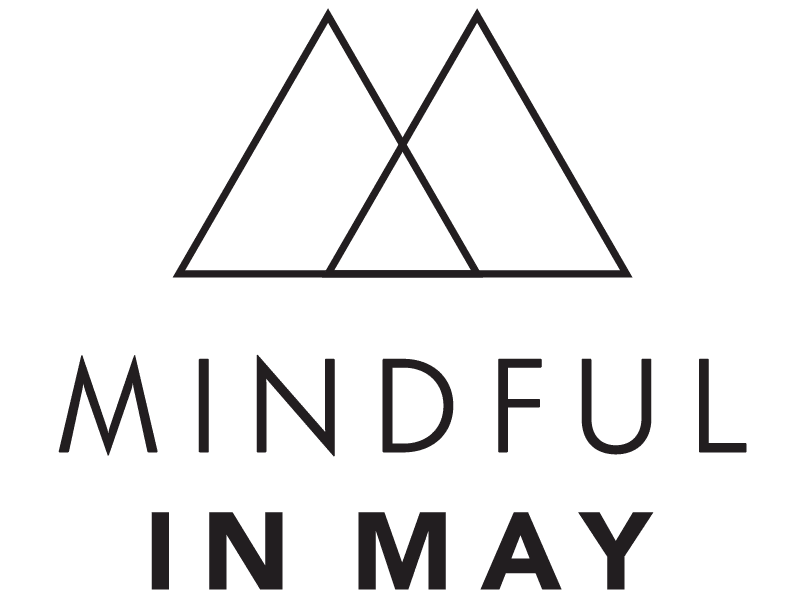The Mindful Month
Week One
WEEK ONE
An interview with RICK HANSON
Using mindfulness to help amplify the happiness in your life
In this video you’ll learn
Today, we’re going to explore how we can start creating mental habits that build greater positivity into your life.
In this interview with Rick Hanson, psychologist, mindfulness teacher and bestselling author of Hardwiring Happiness we explore:
- The concept of “experience-dependant neuroplastictity” and its connection to mindfulness meditation
- A powerful practice to help you manage difficult emotions with greater skill
- The difference between mental states and traits and how we can create enduring positive change around our outlook
- How mindfulness can help us develop “shock absorbers” against stress
- A powerful practice called “taking in the good” that can re-wire your brain towards greater happiness and offset the negativity bias.
About Rick Hanson
 Rick Hanson, Ph.D., is a neuropsychologist and New York Times best-selling author. His books include Hardwiring Happiness, Buddha’s Brain, Just One Thing and Mother Nurture. Founder of the Wellspring Institute for Neuroscience and Contemplative Wisdom and on the Advisory Board of the Greater Good Science Center at UC Berkley, he’s been an invited speaker at Oxford, Stanford, and Harvard, and taught in meditation centers worldwide.
Rick Hanson, Ph.D., is a neuropsychologist and New York Times best-selling author. His books include Hardwiring Happiness, Buddha’s Brain, Just One Thing and Mother Nurture. Founder of the Wellspring Institute for Neuroscience and Contemplative Wisdom and on the Advisory Board of the Greater Good Science Center at UC Berkley, he’s been an invited speaker at Oxford, Stanford, and Harvard, and taught in meditation centers worldwide.
Week One Meditation
The body scan meditation is the first step to becoming more mindful. It enables you to connect to the present moment through tuning into our senses. It also promotes relaxation which is an important first step in settling the mind in its natural state of calm.
Mindfulness meditation is not a complex practice – the main challenge is doing it regularly so you can experience the benefits. It’s like a form of fitness training for your mind and just like physical fitness, when you start training there can be a lot of resistance. So don’t be surprised if this first week of the course is a bit difficult.
WHAT IS MINDFULNESS?
Although mindfulness seems like a recent trend, it has it’s origins in Buddhist contemplative practices from about two and a half thousand years ago. Science is just discovering what the monks have known for centuries – that mindfulness meditation is a powerful tool for inner transformation.
Mindfulness is a way of paying attention in day to day life that supports you to be more present to your inner and outer experience.
It helps you stay focussed on what you are doing and is a powerful antidote to the distractible nature of the mind and the information-overload in our digital world. When practised regularly, it brings more calm, creativity and effectiveness into everyday life, reducing stress and enhancing our mind’s capabilities.
